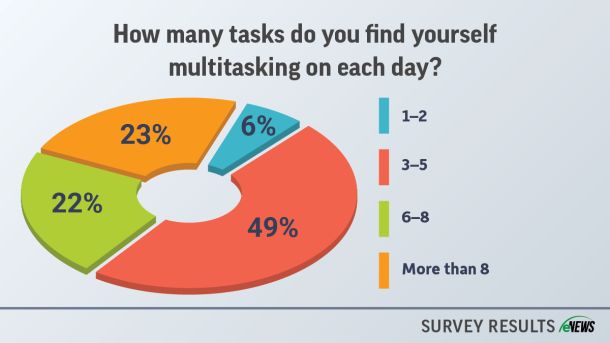Jul 11, 2024
eNews
Purdue Pharma: Supreme Court prohibits non-consensual third-party releases; Ruling will reshape bankruptcy practice
In a landmark 5-4 decision in Harrington v. Purdue Pharma that will significantly reshape corporate bankruptcy practice, the U.S. Supreme Court resolved a circuit split regarding the authority of a bankruptcy court to approve releases in favor of non-debtor entities without the consent of impacted third parties. Reversing the decision of the Second Circuit, the Supreme Court’s narrow majority held that such non-consensual releases—other than in the context of asbestos-related claims—are not authorized under the Bankruptcy Code.







